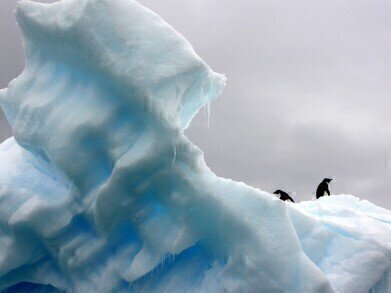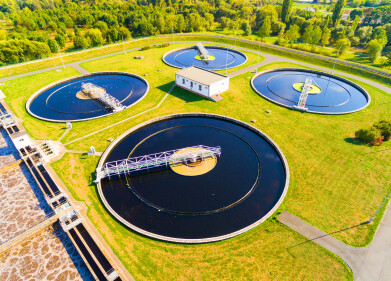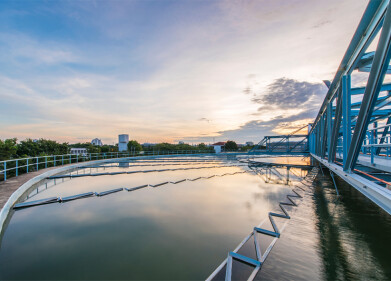Water/Wastewater
Why Are the Earth’s Oxygen Levels Declining?
Sep 30 2016
Studying the air bubbles in Antarctica’s ice can have some interesting findings, it turns out. Scientists have been using the air trapped in the ice to get samples of the air quality from hundreds of thousands of years ago. In short, they have found that the amount of oxygen in the air has decreased over time. Why? Let’s take a look…
Frozen data
The ice in question isn’t just scraped up by the scientists. It’s pulled up by specialised drills, which take cores of ice from nearly 10,000 feet down. Formed by compression from continuous snowfall over time, the ice contains information dating back to around 800,000 years ago.
Its air bubbles are the focus in this case though. They give an insight into the content of air and how it’s changed over time. A team of scientists from Princeton have looked at these samples from both Antarctica and Greenland. They found that over the 800,000 years or so, oxygen levels have decreased by 0.7%.
What has caused the drop?
A drop of 0.7% is hardly a plummet, especially over so much time. However, lead author Daniel Stopler has two possible causes. One is that erosion over time may have exposed other elements like carbon which act to remove oxygen from the atmosphere. Alternatively, it may be a result of the cooling oceans. While the global atmosphere is rising in temperature, the oceans – over the past 15 million years – have been cooling. The colder the oceans get, the more oxygen they can store. As a result, the atmospheric oxygen will have decreased.
The solution? Let it be. A familiar but unproved theory suggests that over long periods of time the Earth is regulated naturally by a so-called ‘silicate weathering thermostat’. Any increase in carbon dioxide levels in the atmosphere will boost the erosion rate of volcanic rocks. When they wear down and wash away, they trap carbon dioxide in the ocean, effectively regulating the proportion of elements in the atmosphere.
Coastal monitoring
It’s not just the changes in the atmosphere we need to be concerned about. Changes to the ocean’s content are equally important. Coastal monitoring in particular is essential to aquaculture, coastal engineering and the water industry. Wastewater discharges, agricultural run-off and harmful organisms can cause coastal water quality to decrease. And with legislations like the 1976 Bathing Water Directive, it’s important we are able to monitor this quality. Faster more accurate measurements are on the horizon though, find out more in ‘Is Coastal Monitoring just a Drop in the Ocean?’
Digital Edition
IET 34.2 March 2024
April 2024
Gas Detection - Biogas batch fermentation system for laboratory use with automatic gas analysis in real time Water/Wastewater - Upcycling sensors for sustainable nature management - Prist...
View all digital editions
Events
Apr 30 2024 Melbourne, Australia
Apr 30 2024 Birmingham, UK
May 03 2024 Seoul, South Korea
May 05 2024 Seville, Spain
May 06 2024 Minneapolis, MN, USA


















